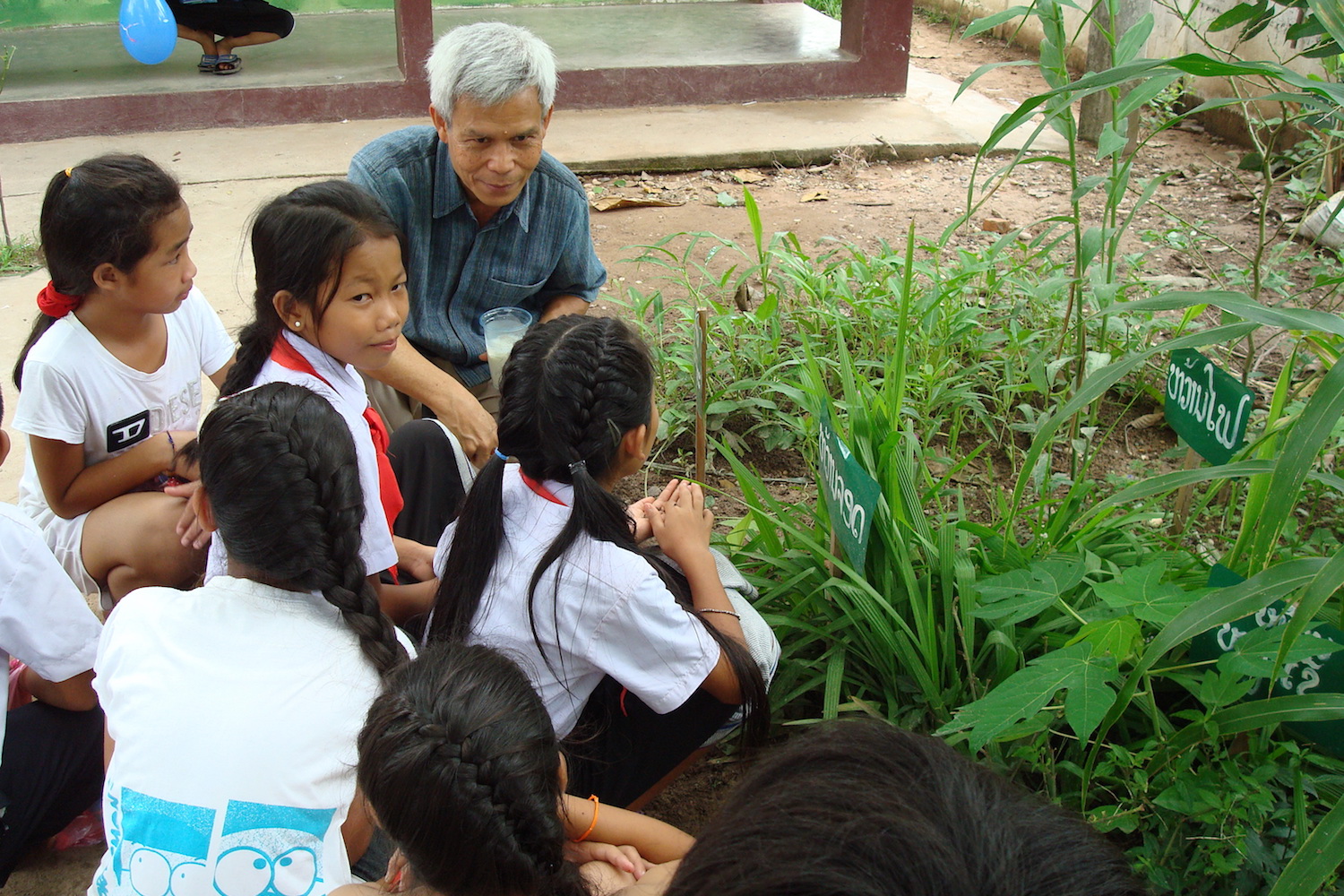FIDH: 29 September 2020
The government stated that investigations into cases of disappearances were “considered on a case by case basis,” but refused to reveal how many investigations it had conducted and to provide any information about the “search” for Sombath Somphone.
The Lao government’s failure to accept key recommendations received during its latest Universal Periodic Review (UPR) is a step in the wrong direction for human rights in Laos, FIDH and its member organization Lao Movement for Human Rights (LMHR) said today. The UPR report for Laos was adopted today in Geneva, Switzerland.
“The Lao government’s non-committal response to international concern over key human rights issues signals that rights abuses and repression of civil society may continue with total impunity for years to come. The international community must step up its pressure on the Lao government and put human rights at the top of its agenda vis-a-vis its relations with Vientiane.” Rahman Khan, FIDH Secretary-General
The Lao government accepted 160 of the 226 recommendations it received during its third UPR in January 2020. The remaining 66 recommendations were “noted” (i.e. not accepted).
“Once again, the Lao government is sweeping its human rights problems under the rug, pretending no one will notice. The international community should not fall for Vientiane’s tricks and, instead, establish clear benchmarks against which human rights progress, or lack thereof, can be measured.” Vanida Thephsouvanh, LMHR President
Below is a brief analysis of the government’s response to the recommendations made by UN member states with regard to selected key human rights issues.
Enforced disappearances
The government’s response was inadequate with regard to the issue of enforced disappearances. The government did not accept 13 of the 15 recommendations that called for investigations into all cases of enforced disappearance, including that of civil society leader Sombath Somphone, who was specifically mentioned in five “noted” recommendations. The government stated that investigations into cases of disappearances were “considered on a case by case basis,” but refused to reveal how many investigations it had conducted and to provide any information about the “search” for Sombath Somphone. In addition, the government made no commitments regarding the ratification of the International Convention for the Protection of All Persons from Enforced Disappearance (ICPPED) – a treaty Laos signed in September 2008. As in the previous UPR cycle, the government reiterated it was only “considering” ratifying the ICPPED.
Torture and detention conditions
Despite numerous and credible reports of torture, ill-treatment, and sub-standard conditions in various places of detention, the government did not accept four recommendations that called for investigations into allegations of torture, the prevention of torture, and the ratification of the Optional Protocol to the Convention against Torture and Other Cruel, Inhuman or Degrading Treatment or Punishment (OP-CAT). The government accepted two recommendations that called for the improvement of conditions in places of detention.
Death penalty
All 16 recommendations regarding the death penalty did not enjoy the government’s support. They included recommendations that called for: the abolition of the death penalty; the establishment of a moratorium on executions; and the ratification of the Second Optional Protocol to the International Covenant on Civil and Political Rights (ICCPR), aiming at the abolition of the death penalty.
Civil society
Amid ongoing repression of civil society, the government accepted two recommendations that called for the creation of an enabling environment for civil society to operate. However, the government refused to accept two recommendations that called for the amendment of legislation that restricts the right to freedom of association. This legislation includes the draconian Decree on Associations (Decree 238), which several UN human rights monitoring mechanisms have criticized for being inconsistent with international standards related to the right to freedom of association. The government said the recommendation to amend Decree 238 was “entirely inaccurate” and did not reflect the “real situation in the country.” The government also falsely claimed that the drafting process of Decree 238 “had gone through extensive consultations with all relevant stakeholders.”
Right to freedom of expression
The government did not accept all three recommendations that called for an end to the persecution of individuals for the exercise of their right to freedom of expression and one recommendation that urged the release of those detained for exercising that right. Another three recommendations calling for the amendment of legislation restricting the exercise of the right to freedom of expression were “noted.” Despite clear evidence to the contrary, the government made the outrageous claim that it had “made efforts to facilitate freedom of expression.”
National Human Rights Institution
The government failed to accept all four recommendations that called for the establishment of a National Human Rights Institution (NHRI) in accordance with the Paris Principles. The government touted the National Committee on Human Rights (NCHR) as the “overarching human rights mechanism for the promotion and protection of human rights at the national level.” However, the NCHR is a government inter-agency coordination body whose composition, powers, and mandate are completely inconsistent with the Paris Principles.
Cooperation with UN special procedures
The government refused to accept the two recommendations that called on Vientiane to issue a standing invitation to all UN special procedures. The government justified its refusal by saying that a standing invitation “is not applicable” and that invitations to special procedures mandate holders are considered “on a case by case basis and also based on convenient timing for both sides.”



 (Paris) United Nations (UN) member states must use the upcoming Universal Periodic Review (UPR) of Laos to continue to demand the Lao government determine the fate or whereabouts of civil society leader Sombath Somphone, FIDH and its member organization Lao Movement for Human Rights (LMHR) urged today.
(Paris) United Nations (UN) member states must use the upcoming Universal Periodic Review (UPR) of Laos to continue to demand the Lao government determine the fate or whereabouts of civil society leader Sombath Somphone, FIDH and its member organization Lao Movement for Human Rights (LMHR) urged today. In January 2015, 10 UN member states (Australia, Canada, Finland, Germany, Luxembourg, Poland, Portugal, Sweden, Switzerland, and the UK) recommended the Lao government conduct an adequate investigation into Sombath Somphone’s enforced disappearance.
In January 2015, 10 UN member states (Australia, Canada, Finland, Germany, Luxembourg, Poland, Portugal, Sweden, Switzerland, and the UK) recommended the Lao government conduct an adequate investigation into Sombath Somphone’s enforced disappearance.
 The last
The last 
 Briefing paper prepared by Civil Rights Defenders (CRD)
Briefing paper prepared by Civil Rights Defenders (CRD) Human Rights Treaties
Human Rights Treaties
 As Laos celebrates its traditional new year, a few points to ponder:
As Laos celebrates its traditional new year, a few points to ponder:

